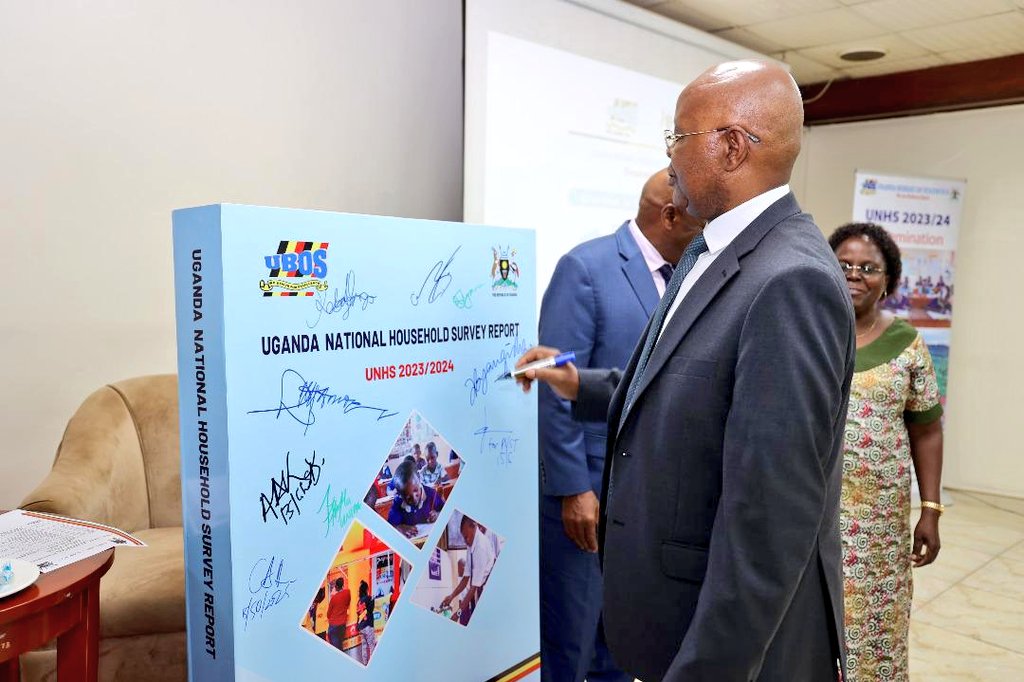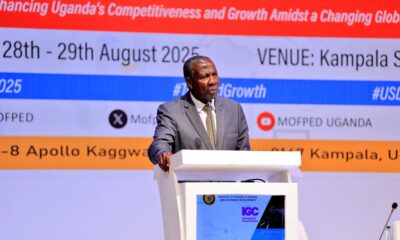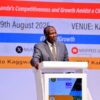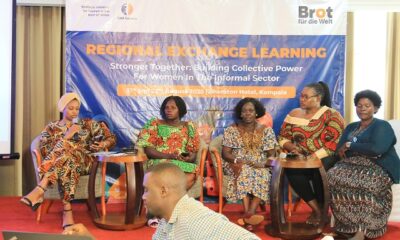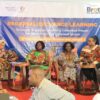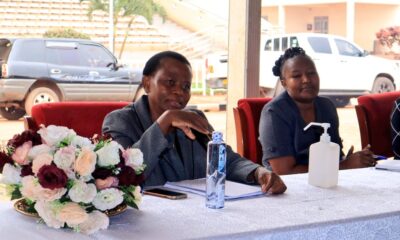Analysis
UBOS 2023/2024 Survey: Nearly Half of Ugandan Household Budgets Swallowed by Food Costs
The latest Uganda National Household Survey (UNHS) 2023/2024 has laid bare the persistent dominance of food expenditure in Ugandan households, consuming a significant 47.3% of their total income. The comprehensive report, released on Thursday by the Uganda Bureau of Statistics (UBOS), paints a detailed picture of how Ugandans allocate their resources, revealing a stark contrast in spending patterns between urban and rural areas and highlighting rising costs in essential sectors like housing and communication.
Conducted between March 2023 and February 2024, the survey underscores the fundamental role food plays in the livelihoods of Ugandans. This dependence is even more pronounced for rural households, with a substantial 58.2% of their income dedicated to putting food on the table. This high proportion suggests a potential vulnerability to food price fluctuations and the significant role of subsistence farming in these areas. In comparison, urban households allocate a considerably lower 36.4% of their expenditure to food, likely benefiting from more diverse income sources and access to a wider range of goods and services.
Dr. Chris Mukiza, the Executive Director of UBOS, emphasized the survey’s comprehensive nature, noting that it provides crucial insights into various facets of Ugandan life beyond just expenditure. “The UNHS 2023/24 provides vital data on key economic characteristics of the population, including economic activity, employment, income and expenditure, education, health status, housing conditions, household assets, and loan acquisition, among others,” he stated.
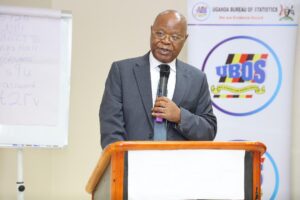
Dr. Chris Mukiza, the Executive Director of UBOS
Beyond the significant food expenditure, the survey highlighted other key spending areas. Housing emerged as the second-largest national expenditure at 16.8%. However, this figure escalates dramatically in urban centers, particularly Kampala, where it reaches 24.3%. The report further revealed a concerning 18.7% surge in housing costs in these urban areas since the previous survey, placing increasing financial pressure on city dwellers.
Education accounts for a notable 10.5% of household budgets nationwide. The data, however, exposes a significant disparity in investment in children’s education based on location. Urban households spend an average of 198,000 Ugandan shillings per school-going child per term, more than double the 87,500 shillings spent by their rural counterparts. This gap underscores potential inequalities in access to quality education and the resources available to families in different regions.
Healthcare expenditure represents 8.3% of the national household budget. Interestingly, the northern region allocates the highest proportion at 12.5%, compared to the central region’s 6.7%, suggesting regional variations in health needs, access to healthcare services, and potentially the prevalence of health issues. Transportation costs average 7.2% nationally but climb to 11.4% in urban areas, reflecting the higher costs associated with commuting and vehicle ownership in cities.
A significant shift is observed in spending on communication and digital services, which now account for 5.8% of household budgets, marking a substantial 32% increase since the previous survey. This growth underscores the increasing importance of mobile phones, internet access, and digital platforms in daily life. The digital divide is evident here as well, with urban households spending three times more on these services than rural households, highlighting disparities in access to and affordability of digital technologies.
Dr. Albert Byamugisha, UBOS board chairman, emphasized the strategic importance of the survey data for informing policy decisions. “The report comes at a crucial time for Uganda as it addresses economic, social, and environmental challenges,” he noted, highlighting its relevance for evidence-based policymaking.
Amos Lugoloobi, the Minister of State for Finance, Planning, and Economic Development (Planning), echoed this sentiment, emphasizing how the survey’s detailed insights would directly contribute to formulating the government’s National Development Plan IV. He reiterated the government’s long-term vision of transforming Uganda from a predominantly agrarian economy to a more industrialized and service-based one. “The Government of Uganda remains committed to achieving Vision 2040’s goal to transform every Ugandan from a peasantry livelihood into the money economy. This vision cannot be achieved without quality statistical data that gives evidence of our performance and gaps where the focus should be directed,” Minister Lugoloobi asserted.
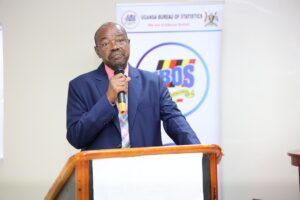
Hon. Amos Lugoloobi, the Minister of State for Finance, Planning, and Economic Development (Planning)
Experts analyzing the UNHS 2023/2024 believe that these detailed expenditure patterns provide invaluable guidance for designing targeted interventions. Understanding how households allocate their limited resources is crucial for crafting effective poverty reduction strategies, formulating equitable tax policies, and implementing social protection programs that address the specific needs of different segments of the population, particularly the more vulnerable rural communities.
Furthermore, the data offers crucial insights for private sector investors looking to understand consumer behavior and identify potential market opportunities across Uganda. The survey’s findings serve as a vital compass, guiding both public and private sector decisions aimed at fostering sustainable and inclusive economic growth in Uganda.
Comments



